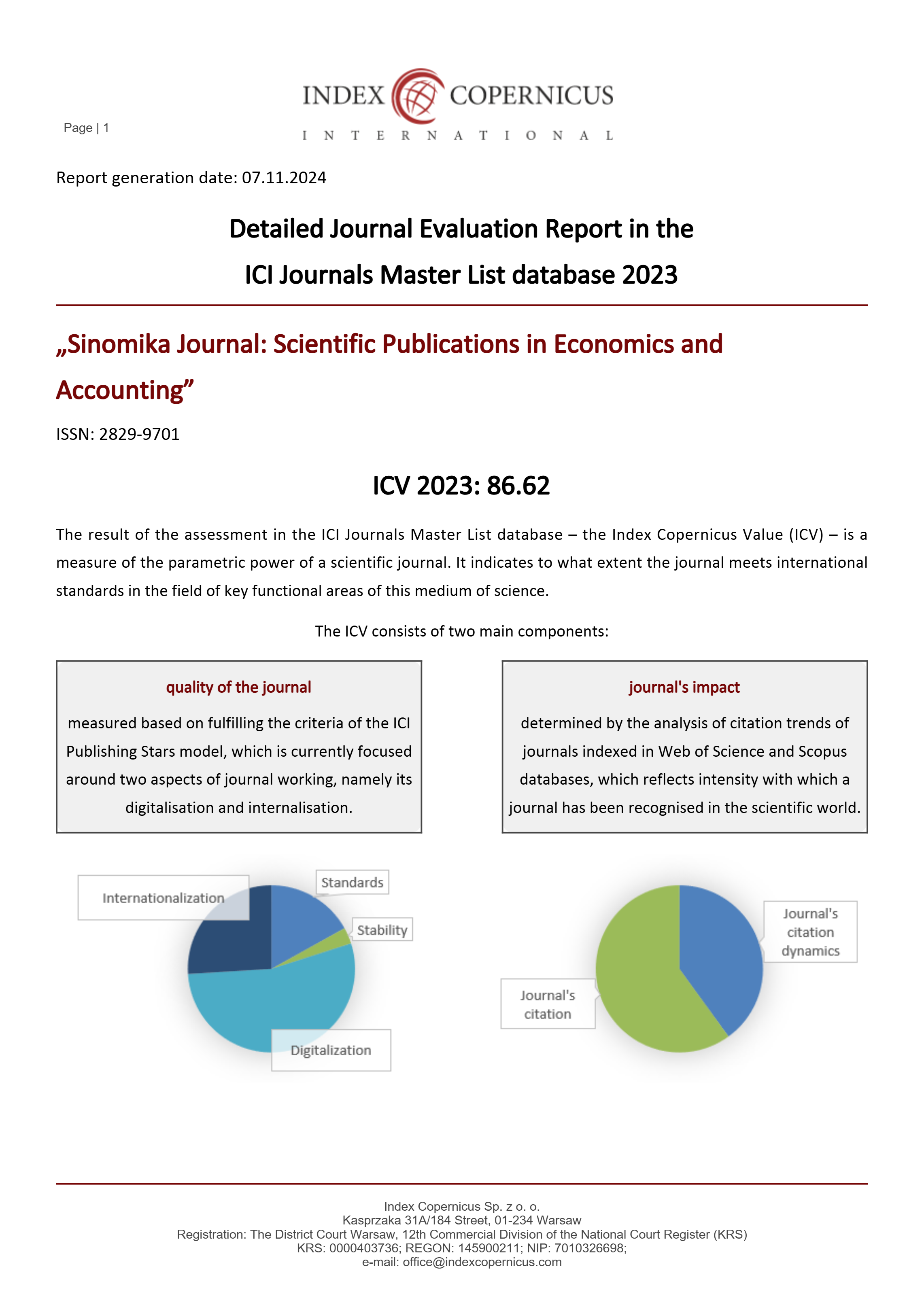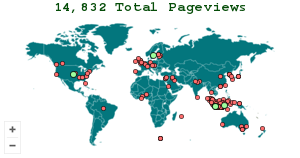Pengaruh Bisnis Online Terhadap Kesejahteraan Mahasiswa Pelaku Usaha Bisnis Online Di Kota Medan
DOI:
https://doi.org/10.54443/sinomika.v1i4.374Keywords:
Impact, Online business, Internet, Welfare, StudentsAbstract
A business conducted online via the internet, social media, or e-commerce is known as an online business. Due to advancements in information and communication technologies, online commerce is fast expanding. The internet phenomena that exists in the community also exists in the collegiate setting. In general, students in metropolitan regions have greater access to the internet. They use the internet, social media, and e-commerce to promote their products and services. As students and members of the community, welfare is a way of life that performs effectively and in harmony in the physical, psychological, social, personal, and career sectors. This study was carried out in Medan, which is one of Indonesia's major cities. The Lemeshow formula was utilized as a sample in this study's quantitative research approach, which utilised accidental sampling. The distribution of questionnaires utilizing the Likert scale answer guidelines was utilized as the research instrument.Validity, reliability, and normalcy tests are performed to evaluate the instrument, after which the data is analyzed using basic linear regression analysis in IBM SPSS 24, which yields a F value of 10.697 with a significance level of 0.001 < 0.05 and the regression model may then be used or the Online Business (X) has an impact on the Student Welfare variable (Y), hence hypothesis Ha is confirmed and hypothesis H0 is rejected. The effect of internet on student wellbeing 32,1%, according to the findings of basic linear regression testing. So there are still additional elements that have a 67,9% impact on student wellbeing.
Downloads
References
Azwar & Saifuddin (2016). Metode Penelitian. Yogyakarta: Pustaka Pelajar.
Azzahra, A. ., & MH Nainggolan, B. . (2022). Pengaruh Media Sosial, E-wom, Citra Merek, Kualitas Pelayanan terhadap Kepuasan Pelanggan di R Hotel Rancamaya. SINOMIKA Journal: Publikasi Ilmiah Bidang Ekonomi Dan Akuntansi, 1(3), 481–496. https://doi.org/10.54443/sinomika.v1i3.288
Eni, P. ., Puji Astuti, A. ., Furqon Alfaridzhi, M. ., & Panorama, M. . (2022). Pemetaan Industri Kreatif Dalam Meningktakan Pertumbuhan Ekonomi Pada Kawasan Urban di Kota Palembang. SINOMIKA Journal: Publikasi Ilmiah Bidang Ekonomi Dan Akuntansi, 1(3), 265–276. https://doi.org/10.54443/sinomika.v1i3.258
Justin, J., & Yani Kusumastuti, S. . (2022). The Influence of Security, Easy, Benefits and Community Interest on The Use of Digital Payment as A Payment Tool in Jabodetabek. International Journal of Social Science, Education, Communication and Economics (SINOMICS JOURNAL), 1(3), 377–388. https://doi.org/10.54443/sj.v1i3.37
Rachmawati, U., Islamiyah, I., & Firman, F. (2020). Overview of Recurrence Mental Health Disorders in Community. Jurnal Keperawatan Jiwa (JKJ): Persatuan Perawat Nasional Indonesia, 8(4), 515-520.
Sangaji, N., Wiyono, V. H., & Mulyaningsih, T. (2019). Pengaruh Revolusi Industri 4.0 Pada Kewirausahaan Untuk Kemandirian Ekonomi. In Seminar Nasional & Call For Paper Seminar Bisnis Magister Manajemen (pp. 226-232).
Wahyuni, E., Nurihsan, J., & Yusuf, S. (2018). Kesejahteraan Mahasiswa: Implikasi Terhadap Program Konseling Di Perguruan Tinggi. INSIGHT: Jurnal Bimbingan Konseling, 7(1), 96-106.
Yusuf (2021, Agustus 2). Kominfo Ajak Mahasiswa Kembangkan Kewirausahaan Digital. Diakses dari https://kominfo.go.id/content/detail/16078/kominfo-ajak-mahasiswa-kembangkan-kewirausahaan-digital/0/berita_satker
Downloads
Published
How to Cite
Issue
Section
License
Copyright (c) 2022 Dewi Meutia, Husni Thamrin, Mia Aulina Lubis

This work is licensed under a Creative Commons Attribution-NonCommercial 4.0 International License.

























